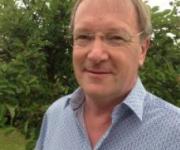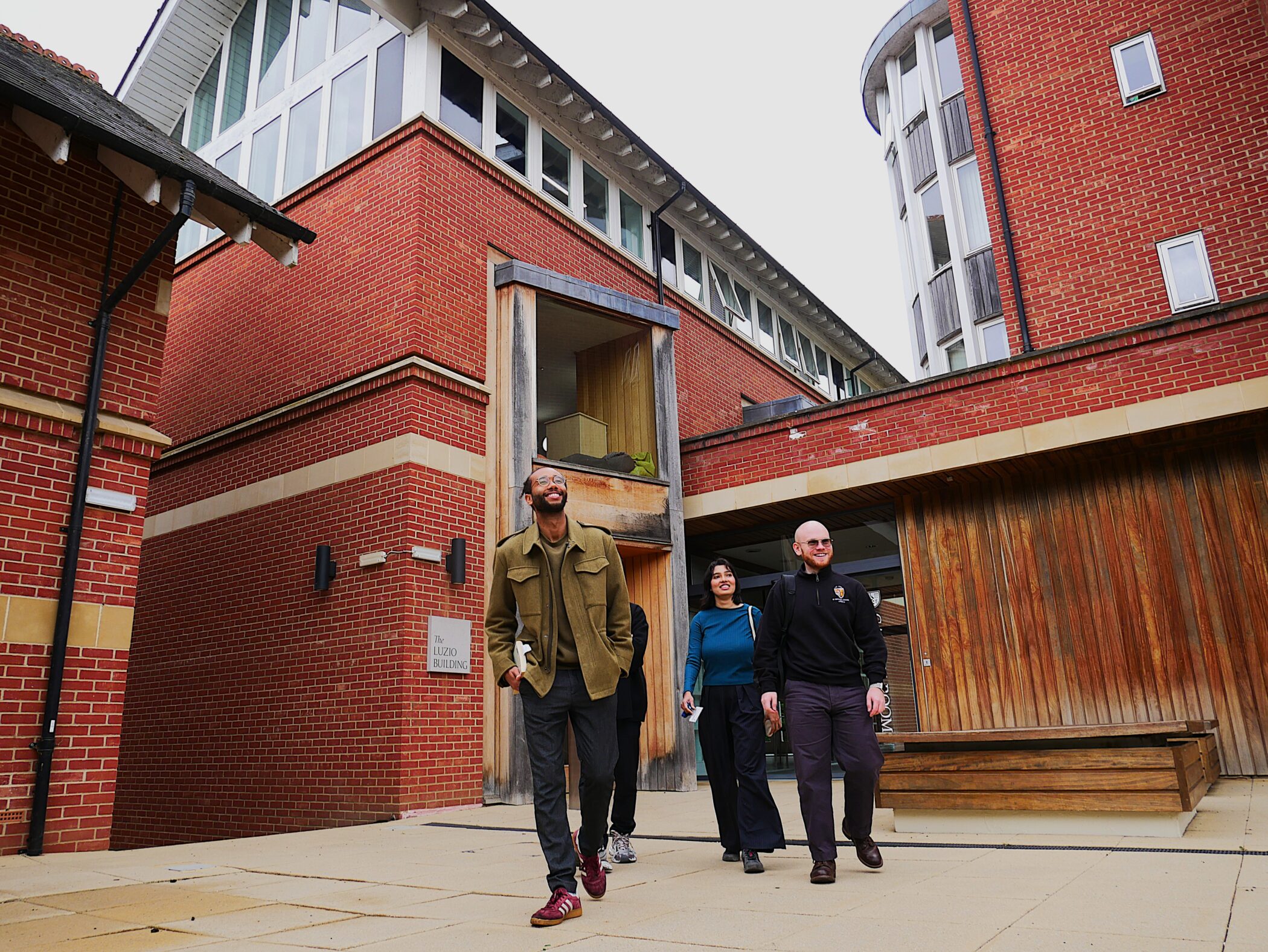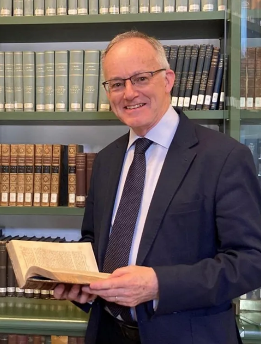The 2020 Kristian Birkeland Medal for Space Weather and Space Climate
The winner of the 2020 Kristian Birkeland Medal is Professor Richard Horne, a Fellow of St Edmund’s College, from the UK. (The recipient must have demonstrated a unique ability to combine basic and applied research to develop useful space weather products that are being used outside the research community, and/or across scientific research disciplines. The work must have led to a better physical comprehension of the solar-terrestrial phenomena related to space weather, to a drastic improvement of space weather modeling, or to a new generation of instruments).
Professor Horne has made some of the most seminal contributions to the observations and theory of magnetospheric plasma waves and their interactions with various particle populations. He is the world leader in this field. He showed that wave-particle interactions play a major role in accelerating relativistic “killer” electrons in the magnetosphere. The physics behind wave-particle interactions is one of the most difficult of all space physics and very few scientists worldwide are able, like Richard Horne did, to master it This esoteric research field (involving ~500 researchers world-wide) could have confined Horne to his esoteric area, but he widen his vista to include the space weather topic of satellite radiation damage by energetic charged particles. He has received international recognition for this work. His scientific impact is outstanding, whatever the index that one considers. He led the EU-funded SPACECAST project to develop a space weather forecasting system for satellites and showed that including wave-particle interactions improves the forecast of space weather impacts significantly. He also led the EU SPACESTORM project and showed that the risk to satellites by the space environment is much higher than previously thought. This work led to revised hazard assessments for the UK National Risk Register of Civil Emergencies. He has provided advice on Space Weather for the UK House of Commons Select Committee on Science and Technology (2010), Defence (2011) and NATO Group MEPs (2012). He was the PhD advisor of many students not only in UK, but also in Germany and the USA. He is a member of the Space Environment Impacts Expert Group which provides advice for the Civil Contingencies Unit at the UK Cabinet Office and is a Fellow of the AGU and of URSI.





